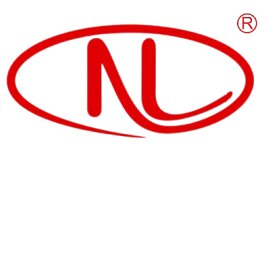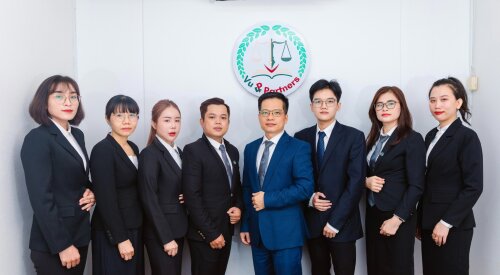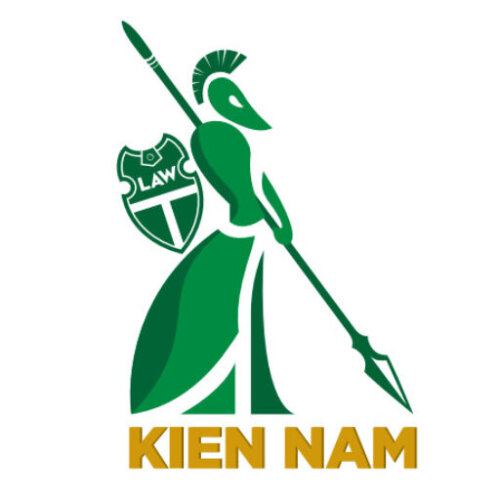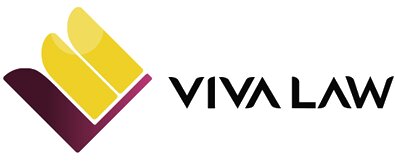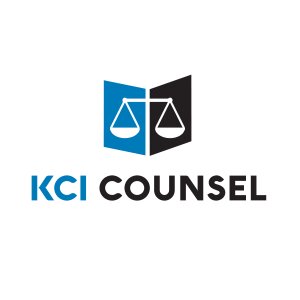Best Agriculture Lawyers in Vietnam
Share your needs with us, get contacted by law firms.
Free. Takes 2 min.
Or refine your search by selecting a city:
List of the best lawyers in Vietnam
About Agriculture Law in Vietnam
Agriculture plays a vital role in Vietnam's economy, contributing significantly to the nation's GDP and employing a large portion of the population. The country is a leading global exporter of commodities like rice, coffee, and rubber. Agriculture law in Vietnam encompasses a range of legal issues related to land use, farming practices, environmental regulations, food safety, and the rights and responsibilities of those involved in the agricultural sector.
Why You May Need a Lawyer
There are several situations where individuals or businesses might require legal consultation in the field of agriculture in Vietnam. Common scenarios include disputes over land use rights, issues with contract farming agreements, challenges in adhering to agricultural regulations, navigating environmental compliance, and understanding import/export restrictions. Legal assistance ensures that farmers, agribusinesses, and investors operate within the legal framework and protect their interests effectively.
Local Laws Overview
In Vietnam, agricultural laws are shaped by a combination of national policies, local regulations, and international agreements. Key aspects include:
- Land Use Rights: Understanding the allocation, transfer, and inheritance of agricultural land.
- Environmental Regulations: Compliance with policies aimed at sustainable farming and environmental protection.
- Food Safety Standards: Adhering to regulations that ensure the safety and quality of agricultural products.
- Export Controls: Navigating the legal requirements for exporting agricultural goods.
- Contract Farming: Legal frameworks governing agreements between farmers and processors/exporters.
Frequently Asked Questions
What are the main areas governed by agriculture law in Vietnam?
Agriculture law governs land use rights, farming practices, environmental issues, food safety, and trade of agricultural products.
How are land use rights assigned in Vietnam?
Land use rights in Vietnam are typically assigned based on a system that distinguishes between government-owned and privately-leased land, with specific rights for utilization, transfer, and inheritance.
What are the primary environmental regulations affecting agriculture?
Farmers and agribusinesses must adhere to regulations aimed at reducing pollution, conserving water, and sustaining biodiversity. Compliance with these rules is critical to minimize negative environmental impacts.
How important is contract farming in Vietnam?
Contract farming is an essential aspect of Vietnam's agricultural sector, providing a framework for agreements between farmers and businesses for consistent quality and supply of products.
What role does the government play in the agricultural sector?
The Vietnamese government plays a pivotal role by setting policies that influence land use, agricultural research, subsidy allocation, and export promotion.
How do food safety regulations impact agriculture in Vietnam?
Food safety regulations ensure that agricultural products are safe for consumption and meet export standards, impacting both domestic consumption and international trade.
What are the legal considerations for exporting agricultural products?
Exporters must comply with both Vietnamese regulations and the import requirements of destination countries, involving certifications, quality checks, and adherence to international standards.
What challenges do farmers face regarding legal compliance?
Farmers often struggle with understanding complex regulations, completing paperwork, and maintaining compliance with diverse legal requirements.
Can foreign investors participate in Vietnam's agriculture sector?
Yes, foreign investors can participate, but they must comply with regulations concerning foreign ownership, land leases, and investment approvals.
What legal protections exist for farmers in Vietnam?
Legal protections include rights over land use, protection from unfair trade practices, access to government resources, and dispute resolution mechanisms.
Additional Resources
Consider reaching out to Vietnamese governmental bodies such as the Ministry of Agriculture and Rural Development for guidance on agricultural policies. Non-governmental organizations and agricultural cooperatives also provide support and can be a valuable resource for farmers and agribusinesses seeking legal assistance.
Next Steps
If you require legal assistance in agriculture, consider consulting with a specialized agricultural lawyer or a law firm with experience in Vietnamese agriculture law. Before proceeding, gather all relevant documents and information about your case. Engage with legal professionals who can provide tailored advice and representation to ensure that your rights and interests are protected throughout the legal process.
Lawzana helps you find the best lawyers and law firms in Vietnam through a curated and pre-screened list of qualified legal professionals. Our platform offers rankings and detailed profiles of attorneys and law firms, allowing you to compare based on practice areas, including Agriculture, experience, and client feedback.
Each profile includes a description of the firm's areas of practice, client reviews, team members and partners, year of establishment, spoken languages, office locations, contact information, social media presence, and any published articles or resources. Most firms on our platform speak English and are experienced in both local and international legal matters.
Get a quote from top-rated law firms in Vietnam — quickly, securely, and without unnecessary hassle.
Disclaimer:
The information provided on this page is for general informational purposes only and does not constitute legal advice. While we strive to ensure the accuracy and relevance of the content, legal information may change over time, and interpretations of the law can vary. You should always consult with a qualified legal professional for advice specific to your situation.
We disclaim all liability for actions taken or not taken based on the content of this page. If you believe any information is incorrect or outdated, please contact us, and we will review and update it where appropriate.
Browse agriculture law firms by city in Vietnam
Refine your search by selecting a city.






